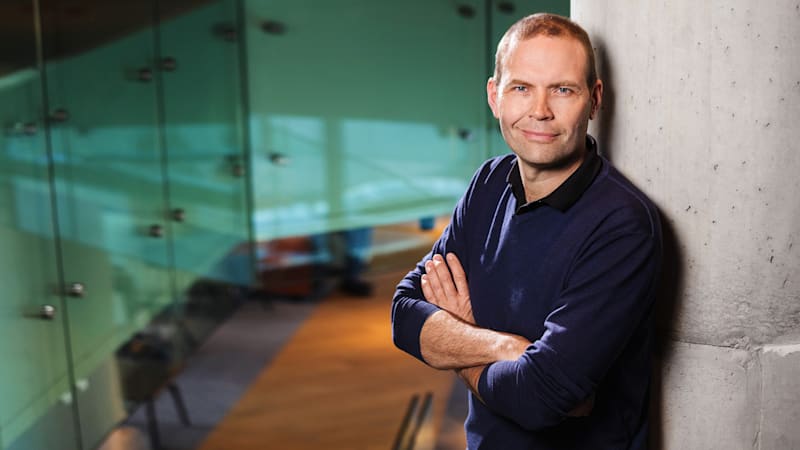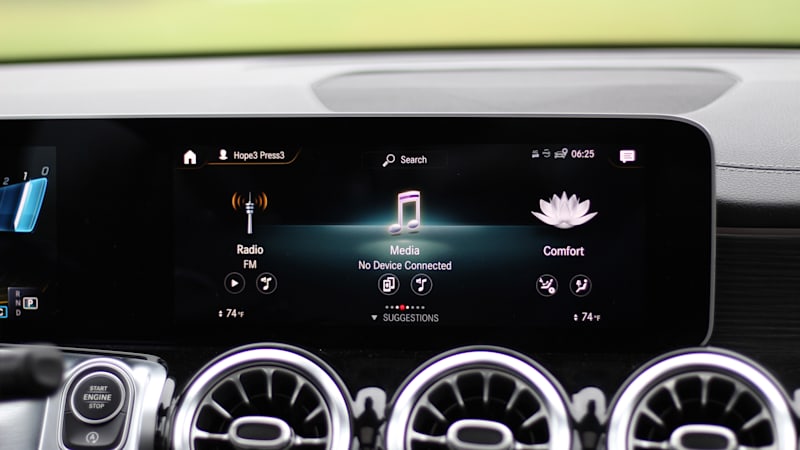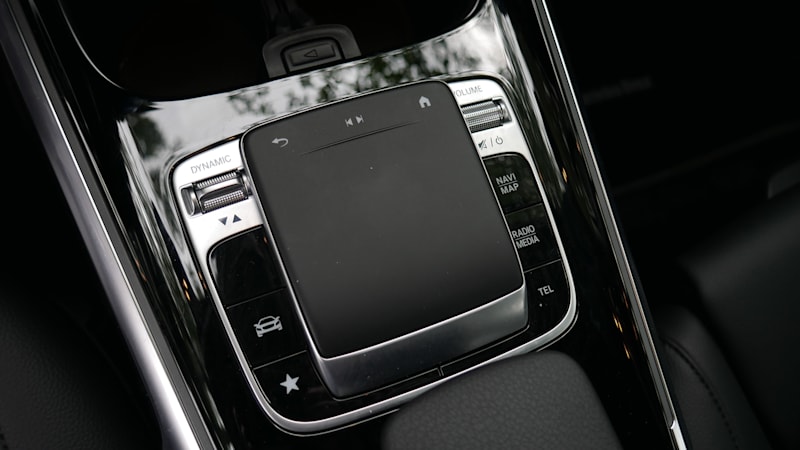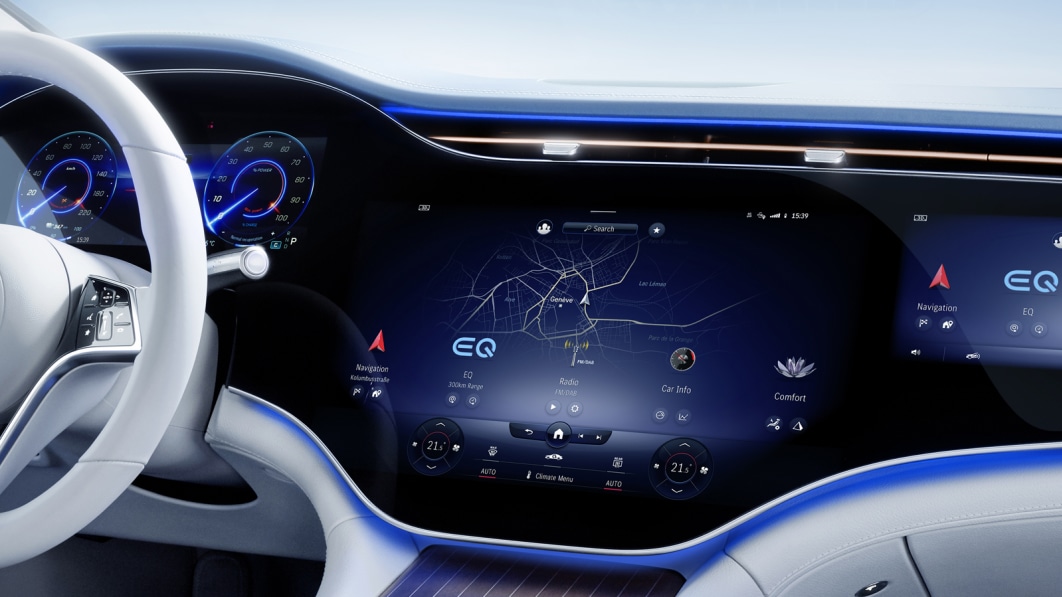LOS ANGELES — Mercedes-Benz will roll out a new infotainment architecture called MB.OS that will replace the MBUX system in all its vehicles, likely starting with the next-generation MMA platform for compact cars.
With its new MB.OS architecture, Mercedes-Benz partners with ultra-HD video developer Unity to bring gaming realism to the automotive world. It also improves the intelligence and interactivity of the personal assistant “Hey Mercedes” into a 3D “Star Avatar” that will look more like a “digital butler,” said Magnus Östberg, Chief Software Officer of Mercedes-Benz.
Using the recently launched “Hyperscreen” digital display that extends from pillar to column (pictured above, but featuring the existing MBUX variation found in the Mercedes EQS), the MB.OS system will enable 3D navigation. that can zoom from satellite view to 10 meters. It also takes into account the time of day to ensure an accurate real-time display.
“It’s your environment right in front of you. It is as much reality as possible in a navigation system,” said Östberg. Navus will be the technology partner for the navigation engine.

stberg, speaking here at a media briefing, said Mercedes has used machine learning to investigate the accuracy, issues and frustrations with the existing MBUX infotainment system and the “Hey Mercedes” voice controls.
The next generation of interactivity will be able to build a playlist and provide eco-driving coaching and hints while the vehicle is in motion, said Benjamin Kuhn, senior manager UX/UI design for Mercedes-Benz R&D North America. The conversation with “Hey Mercedes” will be “fluent” and able to understand the driver’s commands well enough, rather than requiring specific wording to activate a function. The system learns and improves its interactivity with each specific owner. And worldwide iterations in software permutations and upgrades will be broadcast via over-the-air updates.
In the audio field, Mercedes will equip its vehicles with a Dolby Atmos spatial sound system, which offers a full 3D experience. “It will be like being in the middle of your favorite band or orchestra,” Östberg said. The system will allow a full selection of streaming audio and video content.


MBUX as found in the 2022 Mercedes-Benz GLB-Class
Why did Mercedes choose to use a luxury entry-level model for a new software launch, rather than a flagship? It wouldn’t be the first time as Mercedes launched MBUX in the A-Class platform, including the GLB pictured above. According to Kuhn, senior manager UX/UI, those entry-level luxury buyers tend to be younger, and thus better at acclimating to a new system — and finding bugs.
Mercedes announced last year that it is hiring an additional 1,000 software engineers to bring MB.OS to life and to develop cloud computing and other R&D functions. Why so many new employees?
“We want to own the user interface and APIs, the architecture and integration, because then we own the luxury experience,” said Östberg. “We take this responsibility and do not outsource. If we provide data, we waive data security.”
This is in contrast to several automakers, including General Motors and Volvo, who are turning to Google and its Android Automotive infotainment suite.
Mercedes naturally needs software partners to develop apps. But by owning the user interface, Mercedes will also own the customer’s data. Östberg, who came to Mercedes last August from car supplier Aptiv, said Mercedes will observe strict data privacy. When a car changes hands, Mercedes erases the memory of the previous owner. The data and settings belong to the person’s Mercedes Me account, which means that certain attributes can be pre-programmed in the next Mercedes that acquires a loyal owner.
